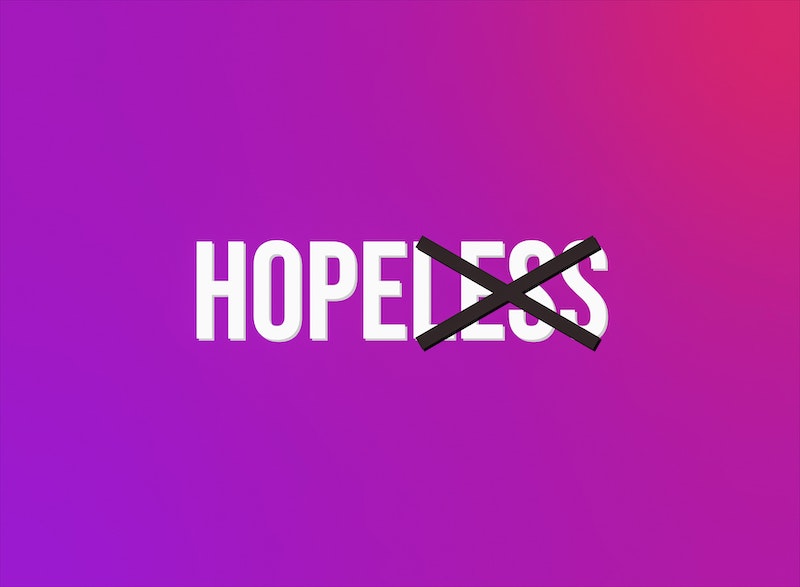“Hope is not a lottery ticket you can sit on the sofa and clutch, feeling lucky. It is an axe you break down doors with in an emergency. Hope should shove you out the door, because it will take everything you have to steer the future away from endless war, from the annihilation of the earth’s treasures and the grinding down of the poor and marginal… To hope is to give yourself to the future – and that commitment to the future is what makes the present inhabitable.” ― Rebecca Solnit, Hope in the Dark
It is easy to feel despair at this time. The planet is warming, sea levels rising, forests disappearing, extinction accelerating. While the world burns, capitalism urges us to sit tight at our desks, showing up each day, churning profits and consumption. Capitalism, and the fossil fuel interests that drive it, want us to sit on the sofa, in Solnit’s words, hoping for better but too fearful to do much about it.
Paralysis in the face of these challenges is understandable, but it’s not really an option if we want to re-orient the planetary ship away from the iceberg. To do so requires all of us to be out the door, axe in hand, to believe that the actions we take now can and do shape the future we are creating.
It is COP season, and it’s easy to hang all our hopes on these intergovernmental, institutional processes. This would be misguided. Hand wringing around the Prime Minister’s reluctance to attend is a good example of this misplaced attention – why do we care so much when we know that he will never be attending in good faith? He’s spent the entirety of his time in Parliament waving around coal, representing the interests of fossil fuels, expending diplomatic energy trying to undermine attempts to divest. In the recent leak of documents by BBC, Australian officials “reject the conclusion that closing coal-fired power plants is necessary” – despite the obvious fact that such closures are a necessity if we are to come close to arresting the climate crisis.
It is not that state action on climate change is not important – like many others, I hope that Glasgow is a turning point, and that states are showing up with seriousness about what is required to respond to the crisis we find ourselves in. In her piece, Christine Milne explains why she hopes this moment is a “global reality check”, and why she thinks “people have recognised that the game is up, the bullshit has to end.” A globally recognised climate leader who has many reasons to be sceptical of talk-fests and bruised by previous COP failures, I am heartened by her call to action.
Download ‘Climate Hope’ to read offline, anytime you like.
Discover how change is being led – as it always has been – by those communities deeply invested in a safer climate future. Join us as we examine what it means to have climate hope.
Outside of Glasgow, change is being led – as it always has been – by those communities deeply invested in a safer climate future. In a republication from Foreground, Melissa Nursery-Bray explores the leadership of Aboriginal Australians, who are using their intimate knowledge of Country to fight for a fair climate future. Diane Evers further explores this theme in her piece on regenerative agriculture, highlighting how essential it is to reorient our relationship with land from extraction to regeneration. We can take heart and energy from the fact that the youth climate movement is bigger and more active that ever, with Rosie Brady and Kate Loynd highlighting how the youth climate movement has energised thousands of young people around the country in their piece, Strike action: The youth climate movement gives us hope for the future. We can use our knowledge of threat to re-orient our understanding of security, as explained by Dr. Liz Boulton. ACT Greens Leader and Minister Shane Rattenbury highlights the importance of grassroots, local actions in our fight to save our climate future. Finally, Green Agenda co-editor Simon Copland interviews climate analyst and writer Ketan Joshi, in which they discuss why we should be hopeful about the state of the fossil fuel, and the ways in which activists can exploit their weak points. Understanding these community mobilisations and actions, learning from them, joining them, is what it means to get out the door, in Solnit’s words.
It is easy to look around and be sucked into a dark cloud of fossil fuel smoke, making it difficult to see a way forward, to find energy and breath for action in this moment. Let the pieces in this Spring Edition illuminate some diverse pathways forward, to provide oxygen and hope to our movement. Use them to connect ideas, connect with one another, and get out the door. Our future depends on it.
Discover inside:
- Are we ready? by Christine Milne
- Not passive victims: Indigenous Australians respond to climate change by Melissa Nursery-Bray
- The Answer is in the Landscape by Diane Evers
- Strike action: The youth climate movement gives us hope for the future by Rosie Brady and Kate Loynd
- Plan E: A climate-centred security strategy? by Dr Liz Boulton
- Community hope fuels government action by Shane Rattenbury
- Countering climate doomism – an interview with Ketan Joshi by Simon Copland
In hope,
Felicity Gray and Simon Copland
Green Agenda Co-Editors
If you appreciated the read, be sure to CHIP IN, even as little as $5, to help fund future articles.
